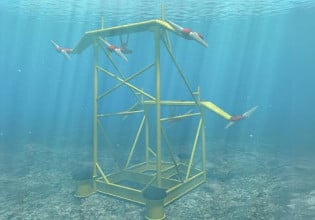Cost-cutting pressure has forces Ford Motor Co. to pull out of a key project with the US army to develop a new generation of military vehicles that run on alternative sources of energy. This development is a blow to Ford’s efforts to share some of the cost of research and development on fuel-efficient technologies, such as fuel cells and hybrid electric vehicles.
Ford has withdrawn from the Commercially Based Tactical Truck (Combatt) program, established in 1998 to develop a replacement for the army’s Humvee. Ford’s role in the project was to develop high-strength steel and a hydraulic power system that would help reduce a vehicle’s fuel consumption by using a hydraulically driven motor. The carmaker’s decision to withdraw stems largely from Ford’s efforts to accelerate a $9 billion restructuring that aims to restore the company to annual profitability by mid-decade.
Collaborative efforts such as Combatt have reached levels not seen since the second world war. They have taken on a fresh urgency for the military because of the high cost of transporting fuel to Iraq and Afghanistan. Fuel being used in tanks and armored vehicles in Iraq is costing about $150 a gallon.
Ford’s withdrawal from Combatt prompted the US government to stop funding a related project in which Ford was the leading participant. That project, known as Impact, looked at reducing vehicle weight and other fuel-saving technologies.






